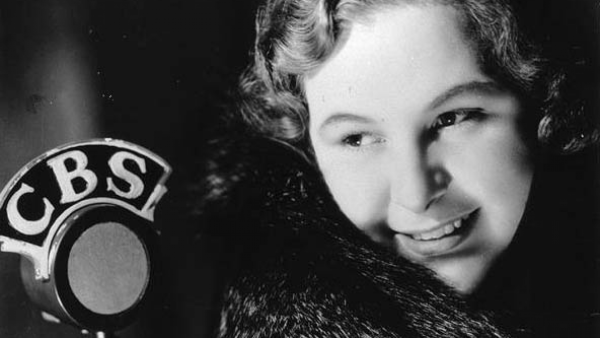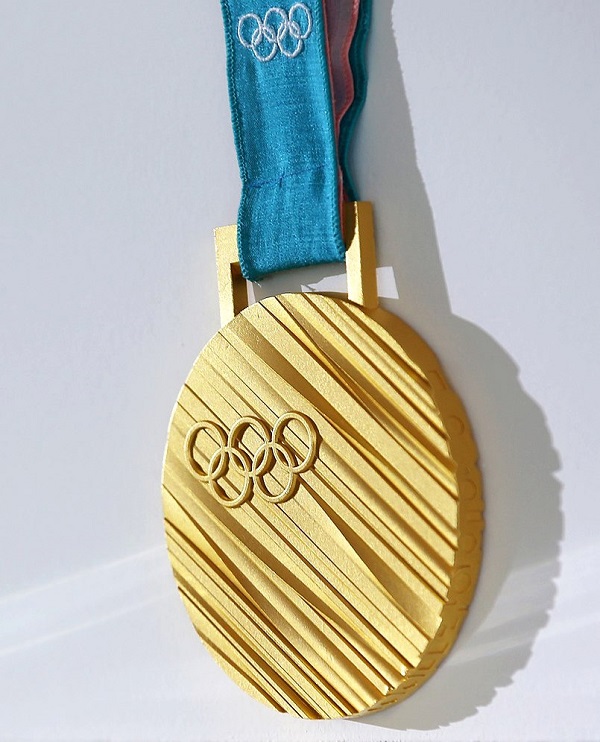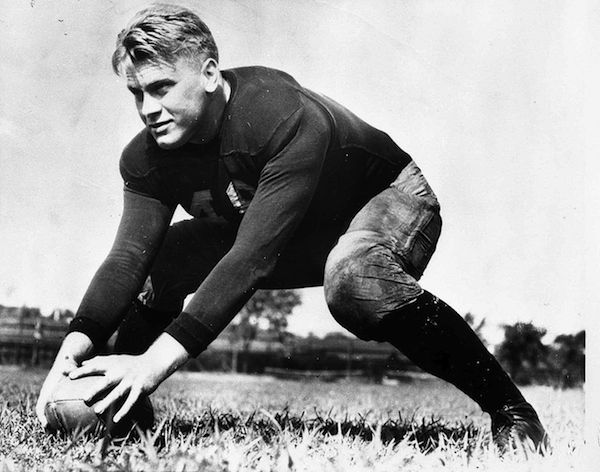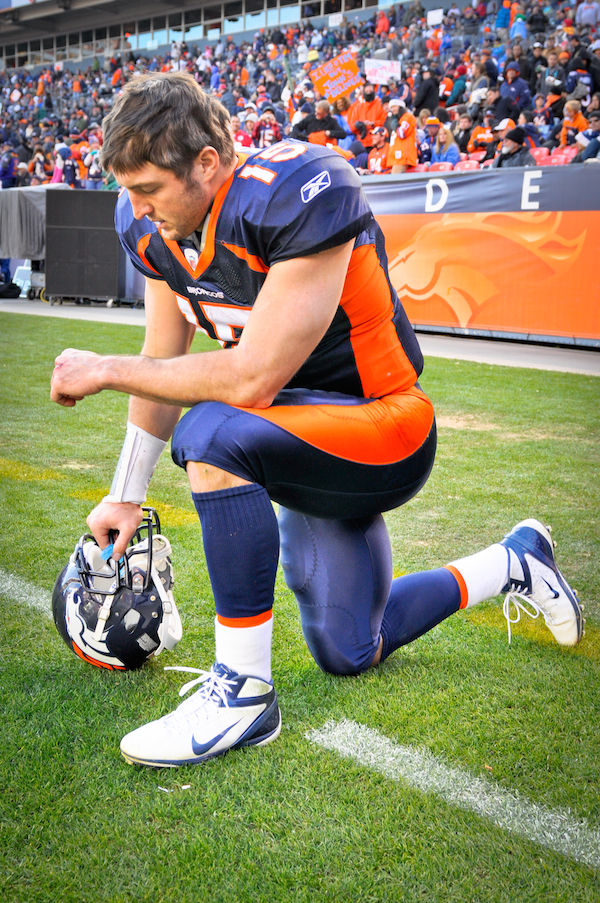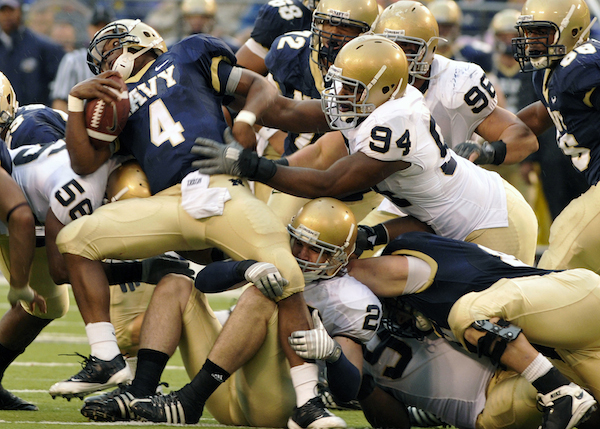Dear Sports Fan,
What’s the story with Kate Smith and “God Bless America? Why are people all up in arms about this?
Thanks,
Alex
Dear Alex,
You’re absolutely right to ask and I’d be happy to explain as best I can. In fact, I’ve wanted to write about this since I first saw her name in the news, because this story is a perfect intersection of sports, politics, and history, all of which are of great interest to me. I’m going to tackle this as a series of short questions and answers. Some of the questions may seem like exaggerations of how people might react to this news, but I guarantee you, they are not. They are based on a survey of opinion articles on the story. Here are just a few of the headlines:
- If We Cancel Kate Smith, We Must Cancel The New York Yankees
- The banishing of Kate Smith isn’t ‘sensitive’ — it’s ridiculous
- Yankees’ Kate Smith ban could lead to the breakup of America itself
Who is Kate Smith?
Kate Smith was a hit singer in the 1930s and 40s who had popular radio and later television shows. At her peak, she was one of the most famous people in the country. She remained a celebrity through the 1970s. She was strongly associated with patriotism – having popularized the Irving Berlin song, “God Bless America” and helped to sell war bonds during World War II.
What is her sports connection?
Smith became connected to the Philadelphia Flyers hockey team in the late 1960s – early 1970s. According to NBC Sports, a member of the Philadelphia Flyer’s organization was reacting to fans being unhappy with the playing of the national anthem before games during the 1969 season in the context of the Vietnam War and the reinstatement of the draft. He “stumbled across” a recording of Kate Smith singing “God Bless America” from the 1930s and decided to try it instead of the anthem. It became a tradition in Philadelphia, in part because the team seemed to play better in games when it was substituted for the National Anthem — they won 19 of their first 21 games when Kate Smith’s recording was played.
The team invited Smith to sing the song in person, which she did on several occasions, the most memorable of which was during a Stanley Cup gam against the Boston Bruins in 1974, which the Flyers won. Here’s one of her live performances:
The tradition continued after her death in 1986.
After the attacks of September 11, 2001, many Major League Baseball teams began using Smith’s recording of “God Bless America” during their seventh inning stretches. (The seventh inning stretch is a slightly longer break between the first half of the inning and the second half which usually has a musical accompaniment.) The New York Yankees kept this new tradition up longer than other teams.
Why is she in the news now?
Both teams have recently stopped using Smith’s recording after an “email from a fan alerted them” that Smith had also recorded at least two racist songs. The Flyers have also covered up a statue of Smith that stood outside their stadium.
The teams’ decisions have sparked a slew of reactions among fans and in media, the majority of which (or at least the most vocal of which) defend Smith and ridicule the teams for their decisions.
What were the songs she recorded and were they really racist?
The two songs cited were “Pickaninny Heaven” and “That’s Why Darkies Were Born” and yes, they are really racist. The word “pickaninny” itself is a racial slur and the song, “Pickaninny Heaven” traffics in stereotypes about black culture. “That’s Why Darkies Were Born” is the far more insidious of the two songs. It espouses the idea that black people were born for the express purpose of serving white people, not only as manual laborers and entertainers but also as moral examples and encourages black people to accept their lot in life.
But this was the 1930s. Everyone was racist! Also, “That’s Why Darkies Were Born” was satire and the black singer, Paul Robeson performed it.
Not everyone was racist in the 1930s. Some people definitely were though and there was conflict, just like all other times in American history. In the specific context of the 1930s though, you had black people being disproportionately affected by the Great Depression, a rise in lynchings, a continuation of Jim Crow, and the rise of fascism with its fake-genetics racism. Songs, like the two in question, that perpetuate the myth of racial difference and inferiority were not simply a reflection of the times but also purposely racist in the context of the time.
The idea that “That’s Why Darkies Were Born” was intended as satire at the time has been circulating in the current news cycle. I can’t find the source of this, nor can I find anything to support it. Paul Robeson, a black singer and social and political activist (and Rutgers football star), whose civil rights credentials are unquestionable, did perform the song but that doesn’t prove anything. His rendition sounds to me as though it is filled with deep pathos, not satire; that by applying his magnificent voice and presence to the song, he’s challenging audiences, “are you sure you believe that black people are inferior?” or at least making the point, “it’s really sad that so many people think black people are inferior.” Even if the song were truly satirical and Robeson’s performance was satirical, the same would not be true of a white woman performing the song. Not all comedy works if you sub out the comedian.
Okay fine, but isn’t this an overreaction?
An overreaction? It’s definitely a quick reaction. The teams involved have changed their behavior soon after learning about the questionable behavior. I can think of three possible reasons for the quick reaction.
- Sports teams are now run by people committed to social justice and always doing the right thing regardless of the bottom line.
- Sports teams are scared of being shamed by their fans.
- The two teams in question were getting sick of their connection to Kate Smith and were looking for a reason to ditch her rendition of God Bless America.
Which do you think is most likely? I think we can toss out #1 immediately. The people who run sports teams are still interested in winning and making money; not necessarily in that order. #3 is possible. Playing a recording of God Bless America from over 80 years ago firmly ties your team to a nostalgic appreciation of the past. In the era of social media, teams might feel like ditching that for a more contemporary vibe but not be sure how to do it on their own.
#2 is definitely my choice though. The era of #metoo was directly proceeded by the era of tearing down confederate monuments and of revisiting public tributes to past figures in general. The engine powering all of this is a powerful anger that should scare any organization as reliant on good will and consumer interaction as a sports team.
So, it’s a quick reaction, but is it an overreaction? It’s hard to judge that if you’re not a person who is offended by something. How do you judge how badly someone is offended? Luckily for us, we can mostly look at the other side of the equation: how important is it to play Kate Smith’s “God Bless America” at sporting events? The answer to that is pretty easy – it’s not that important!
But this is historical revisionism! You can’t just rewrite the past.
Yah, historical revisionism is bad. It’s way better to find a way of telling a story of the past that is inclusive of the incorrect ways people have told that same story. The best example I know of an organization doing this is the Natural History Museum in NYC. That said, the Flyers and the Yankees are not history museums. They don’t have an obligation to correct the historical record. They do have an obligation not to offend current fans.
Well, I’m a current fan and I feel offended by the destruction of a beloved tradition.
Good. If the only things we lose because of our culture’s greater understanding of more diverse historical and lived experiences are painless to lose, then we are not evaluating things deeply enough.
I just wish people would keep politics out of sports. Sports is a refuge from politics.
Nonsense – use of Kate Smith’s “God Bless America” at sporting events has always been political. The Flyers first subbed it in for the National Anthem because of the context of the Vietnam War and political divisions within their fanbase. The Yankees started using it after the attacks of September 11, 2001; a political response to a political act. Politics are inextricably combined with all of our activities and that certainly includes our sports!
Thanks for reading,
Ezra Fischer

